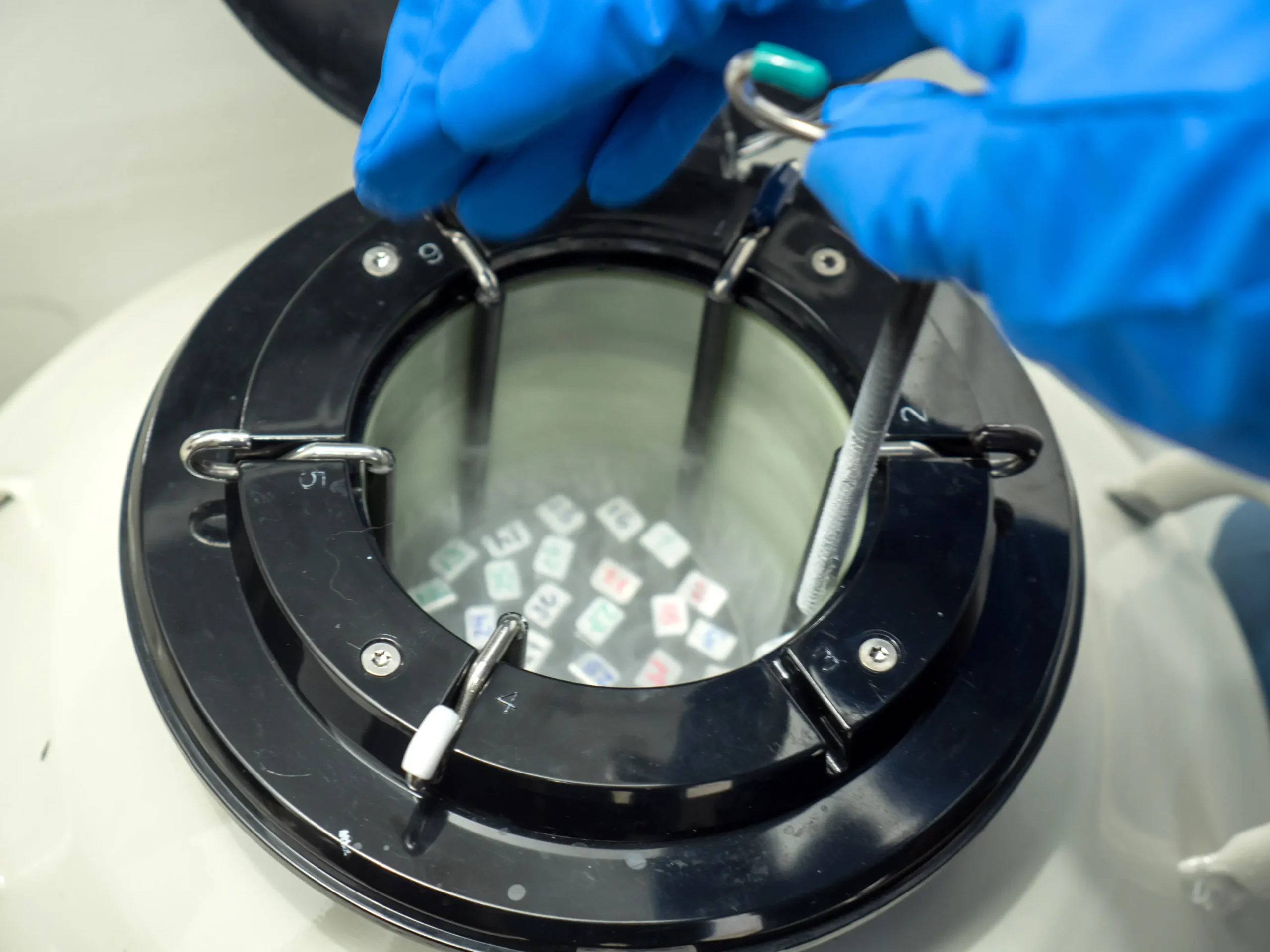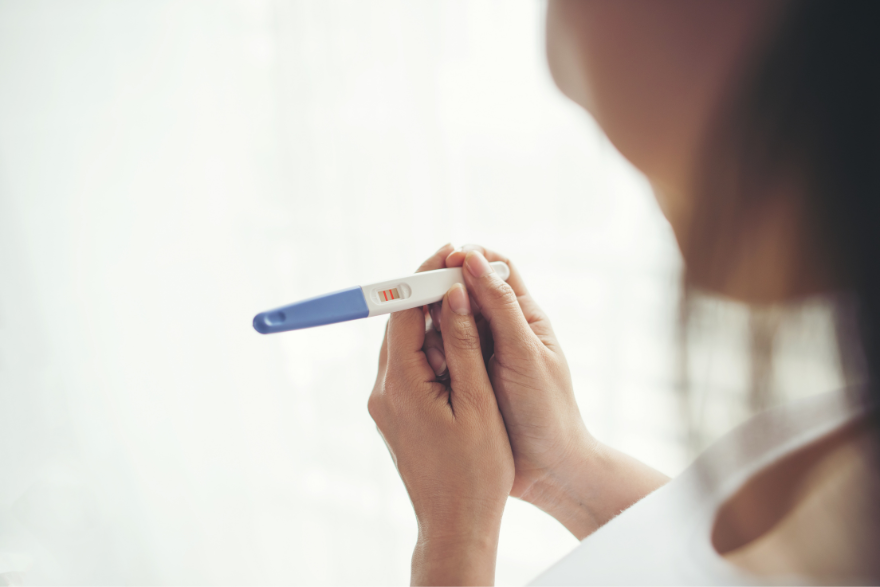Preserving fertility until the decision to have children is made is possible with the egg freezing procedure.
How does this process work? What is the appropriate age for cryopreserving your eggs? What reasons justify this decision?
At InSer, we are committed to providing you with comprehensive and up-to-date information to help you make the best decision for your life and future family.
Join us in this article to answer all your questions!
Understanding the Concept of Egg Freezing
Understanding the Concept of Egg Freezing
Egg freezing, also known as cryopreservation or vitrification, is an assisted reproduction technique that allows women to safely store a certain number of eggs. These eggs can then be fertilized in a laboratory when the woman decides to become a mother.
Why Freeze Your Eggs?
Although the reasons for choosing this option are entirely personal, the most common ones are:
| Family Planning | Egg freezing allows women to plan for pregnancy. This way, they keep the option of motherhood open until they decide the right time. |
| Professional Career | Many women choose to advance their professional careers before starting a family. Freezing their eggs becomes an option to postpone motherhood without worrying about the decline in fertility over time. |
| Medical Conditions | Egg freezing can be a decision made for medical reasons: When undergoing medical treatments that may affect fertility, such as chemotherapy or radiation therapy. Due to the presence of non-malignant diseases, the treatments for which may harm ovarian germ cells. Due to disorders or conditions associated with a decrease in germ cell reserve, such as the risk of ovarian failure or advanced age, etc. |
| Personal Factors | Waiting for the right partner or achieving personal goals before having children is another reason to consider egg freezing. |
| Reproductive Health | Due to a family history of early menopause or reproductive issues. |
BeneficBenefits of Egg Freezingios de congelar óvulos
Success Rate in Future Treatments
Egg freezing is characterized by its high success rate, thanks to technological advances that allow eggs to maintain their genetic quality.
Reduction of Anxiety
Egg freezing alleviates the anxiety and stress associated with the decline in fertility due to aging, especially when there is a desire to conceive.
Having preserved eggs offers peace of mind and a greater sense of control over one’s reproductive future.
Higher Quality Eggs
Choosing vitrification or cryopreservation at a younger age allows for the storage of eggs of optimal quality.
Is there an ideal age to freeze eggs?
While the decision is personal and depends on various individual circumstances, there are recommendations based on medical studies and scientific data indicating that the quality and quantity of eggs decrease over time.
It is generally recommended to freeze eggs before the age of 37 to significantly increase the chances of success in future fertility treatments.
The Egg Freezing Process
Ovarian Stimulation:
The first step involves stimulating the ovaries with medications that mimic certain hormones naturally produced by a woman.
The goal of this treatment is to promote the development of multiple follicles in the ovary, each containing an egg.
Subsequently, other medications with suppressive hormonal action are used to prevent spontaneous ovulation before the egg retrieval process begins.
Monitoring of the Follicles
During this period, regular monitoring is conducted to track the number and size of developing follicles.
Once proper development is confirmed, other medications are administered to achieve the final maturation of the eggs.
Many of the medications used are injectable and easy to manage, allowing the patient to self-administer them according to the recommended doses and guidelines.
Egg Retrieval
Eggs are retrieved through ovarian puncture and follicle aspiration, performed under ultrasound guidance and transvaginally.
Typically, this procedure is outpatient, requiring anesthesia and a subsequent observation period of variable duration.
Egg Vitrification
The obtained eggs are prepared and classified in the laboratory for vitrification.
This ultrarapid freezing process prevents the formation of ice crystals and protects the cellular structure of the eggs, maintaining their genetic quality during storage.
Storage of the Eggs
Frozen eggs are stored in liquid nitrogen tanks at an extremely low temperature.
Use of the Eggs
When the patient decides to use her frozen eggs, they are thawed and fertilized through in vitro fertilization.
The resulting embryos are cultured in the laboratory for a few days before being transferred to the woman’s uterus, with the aim of achieving pregnancy.
If you want to learn more about egg vitrification, please contact us!









